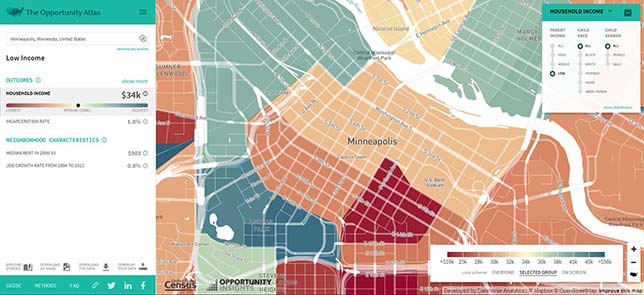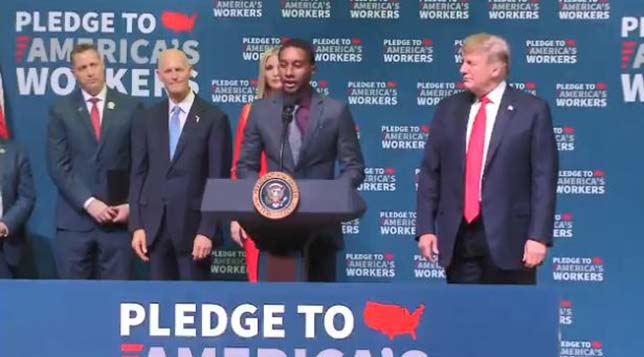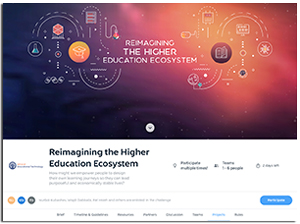
Where kids grow up has a big impact on how well they'll do as adults. While that may sound obvious, a new program that brings together economists from Harvard University and Brown University and researchers from the U.S. Census Bureau has found that kids who grow up in the same community just miles apart end up with very different futures.

In July 2018, the Strengthening Career and Technical Education for the 21st Century Act was approved. Now states can review draft guidance issued by the U.S. Department of Education for how to develop and submit the plans that are a requirement under this rewrite of the Carl D. Perkins Career and Technical Education.
A new report has examined whether career and technical education (CTE) deserves all the attention it's getting. The jury's still out.

More states are providing free college tuition, but equity concerns remain when it comes to the costs of textbooks, transportation and housing.
The United States Department of Education is receiving nearly $71.5 billion for fiscal year 2019, a $581 million increase from the previous year.
The Department of Education's Office of Federal Student Aid is looking for solutions to help manage its high-volume system that manages $1.4 trillion for more than 42 million users.

After six years of kicking around the official language for an updated Carl D. Perkins Career and Technical Education bill, Congress and the president have voted and signed the act into law. The Perkins Act, H.R. 2353 (115), which has been considered for reauthorization since 2012, commits between $1.2 billion and $1.3 billion for the program over the next six years.

A recent draft report on dual credit participation by Texas students confirmed that those who took such courses had better college outcomes than high school graduates who didn't; that they completed their college degrees faster; and that although progress is being made, a participation "disparity" still exists for "less advantaged groups."

One of the bills awaiting action in California's Senate and Assembly is A.B. 2479, which would require the state's two university systems to pilot an income share agreement.

With just a few days to go in the competition, nearly 80 detailed projects have been submitted to the U.S. Department of Education Office of Educational Technology's "Reimagining the Higher Education Ecosystem Challenge."